- +44 03300 575 838
- [email protected]
Psoriasis is a chronic autoimmune condition that affects millions of people worldwide. It prompts cells to build up rapidly on the skin’s surface, resulting in itchy, scaly patches and discomfort. In this guide, we delve into its causes, symptoms, treatments, impact on mental health, and the direction of future research.
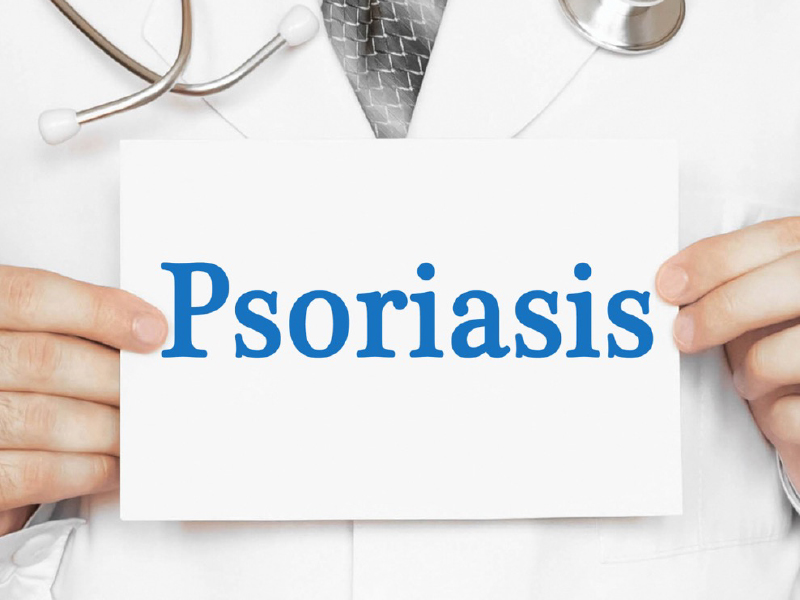
Roughly one-third of psoriasis cases are believed to have a genetic origin. Specific gene variations can increase susceptibility to the condition.
As an autoimmune disorder, the immune system mistakenly attacks healthy skin cells in psoriasis. This leads to inflammation and plaque build-up.
Stress, smoking, alcohol consumption and cold weather can either trigger or exacerbate psoriasis symptoms.
Symptoms of psoriasis can differ among individuals, but common signs include red patches on the skin, dry and scaly skin that might crack and bleed, along with itching or burning sensations. Severe cases can lead to joint swelling, stiffness and significant emotional distress.
Moreover, psoriasis is linked to several comorbidities, such as psoriatic arthritis, cardiovascular disease, metabolic syndrome, obesity, diabetes, inflammatory bowel disease and more.
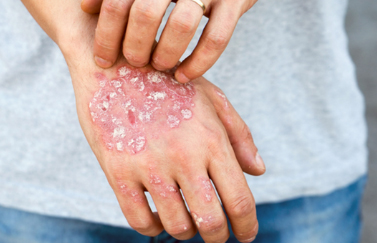
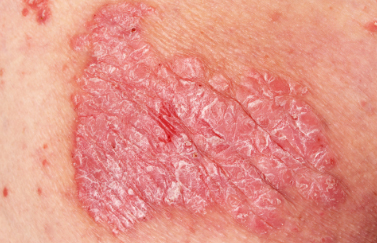
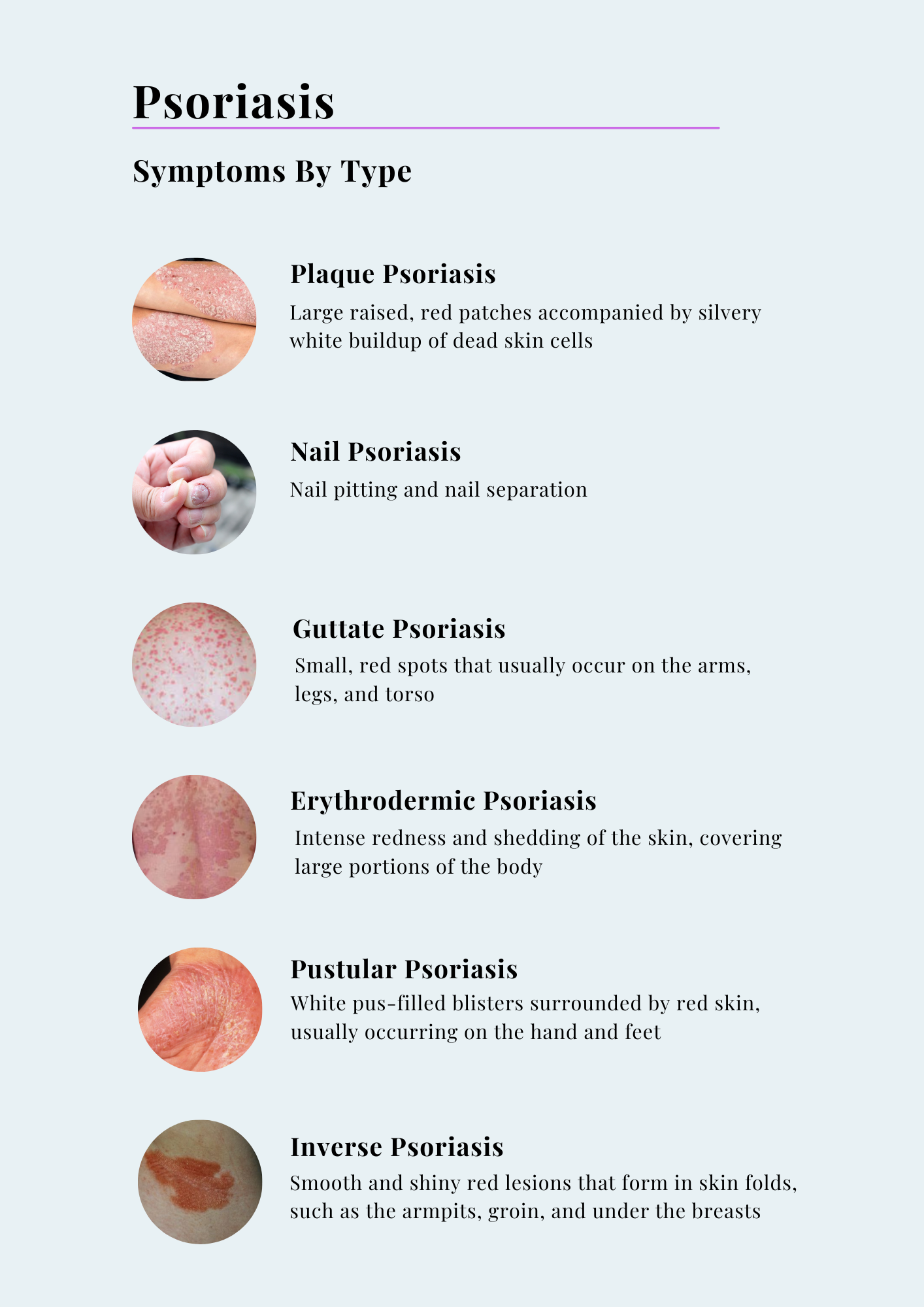
Psoriasis treatments can reduce signs and symptoms of the disease but cannot eradicate the disease altogether. In psoriasis, treatment decisions are personalised and based on disease severity, lesion location, disease presentation and individual patient needs.
There is a significant need for new treatments options as many patients with moderate to severe psoriasis are dissatisfied with current treatments.
These include creams, ointments, and shampoos designed to alleviate symptoms like itching and scaling. Ingredients can range from corticosteroids to salicylic acid and coal tar.
Also known as phototherapy, exposure to either natural or artificial ultraviolet light can help reduce psoriasis symptoms.
For severe cases or when other treatments fail, specialists might prescribe systemic treatments, which work throughout the body.
It’s also essential to seek support from friends, family, and healthcare providers. Connecting with others who have psoriasis can provide a sense of belonging and help reduce the emotional toll of the condition.
Stress can trigger psoriasis. Practice relaxation techniques such as yoga, meditation, or deep breathing exercises to manage stress levels.
Eat a balanced diet, exercise regularly, and get enough rest to boost your immune system and overall health.
Wearing loose-fitting clothes and avoiding harsh soaps and skin irritants can help prevent further outbreaks and soothe skin irritation.
Psoriasis can cause emotional distress and lead to depression, anxiety, and low self-esteem.
Living with psoriasis can be stressful and challenging. The visible symptoms may cause shame or embarrassment, leading to social isolation and negative self-image. It’s critical to address these issues and seek support from loved ones and professional therapy.
For more information about the psychological aspects of psoriasis, please see ‘The Psoriasis and Psoriatic Arthritis Alliance’ leaflet below:

Our psoriasis clinical trial aims to evaluate a novel psoriasis treatment. The focus is on determining the efficacy of this treatment and identifying any potential side effects. With this trial, we are aiming to improve the quality of life for people living with psoriasis by finding better treatments.
Participants in the clinical trial have the opportunity to try a new treatment for psoriasis that could be more effective than existing treatments. The trial will provide free medication and access to medical professionals to monitor and support progress. Moreover, participants are contributing to advancements that could benefit future generations affected by psoriasis.
Participation in the 4MCS clinical trial is simple and straightforward. Contact us to schedule a pre-screening visit and assess eligibility. If eligible, participants will attend regular study visits and follow the protocol by using the study medication. Participants will also have access to expert medical professionals for support and guidance throughout the study.
To enrol on a Psoriasis trial or learn more about participating in clinical trials at 4MCS, please contact our team now.
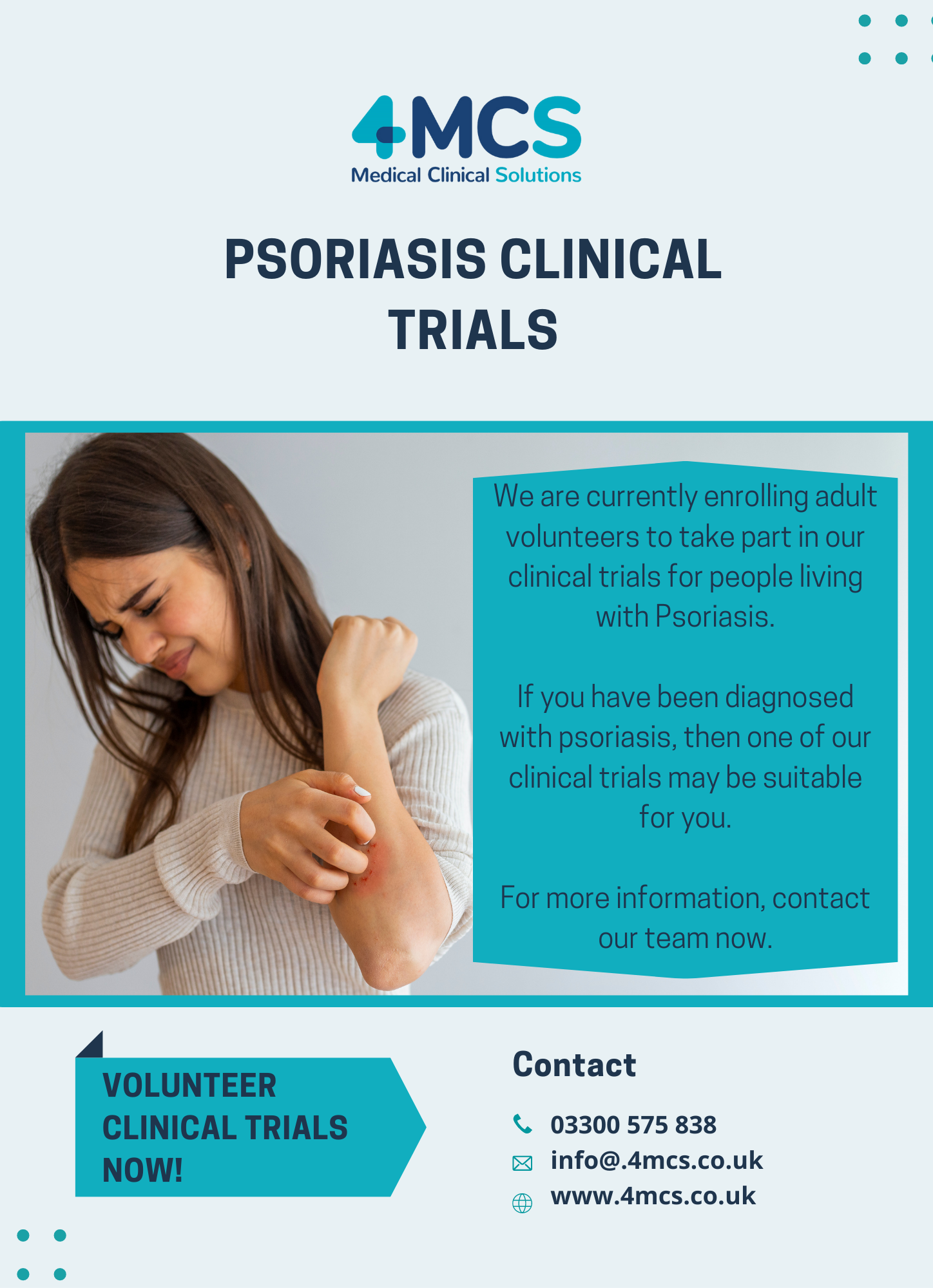

Email: [email protected]
Tel: 03300 575 838
Email: [email protected] Tel: 03300 575 838